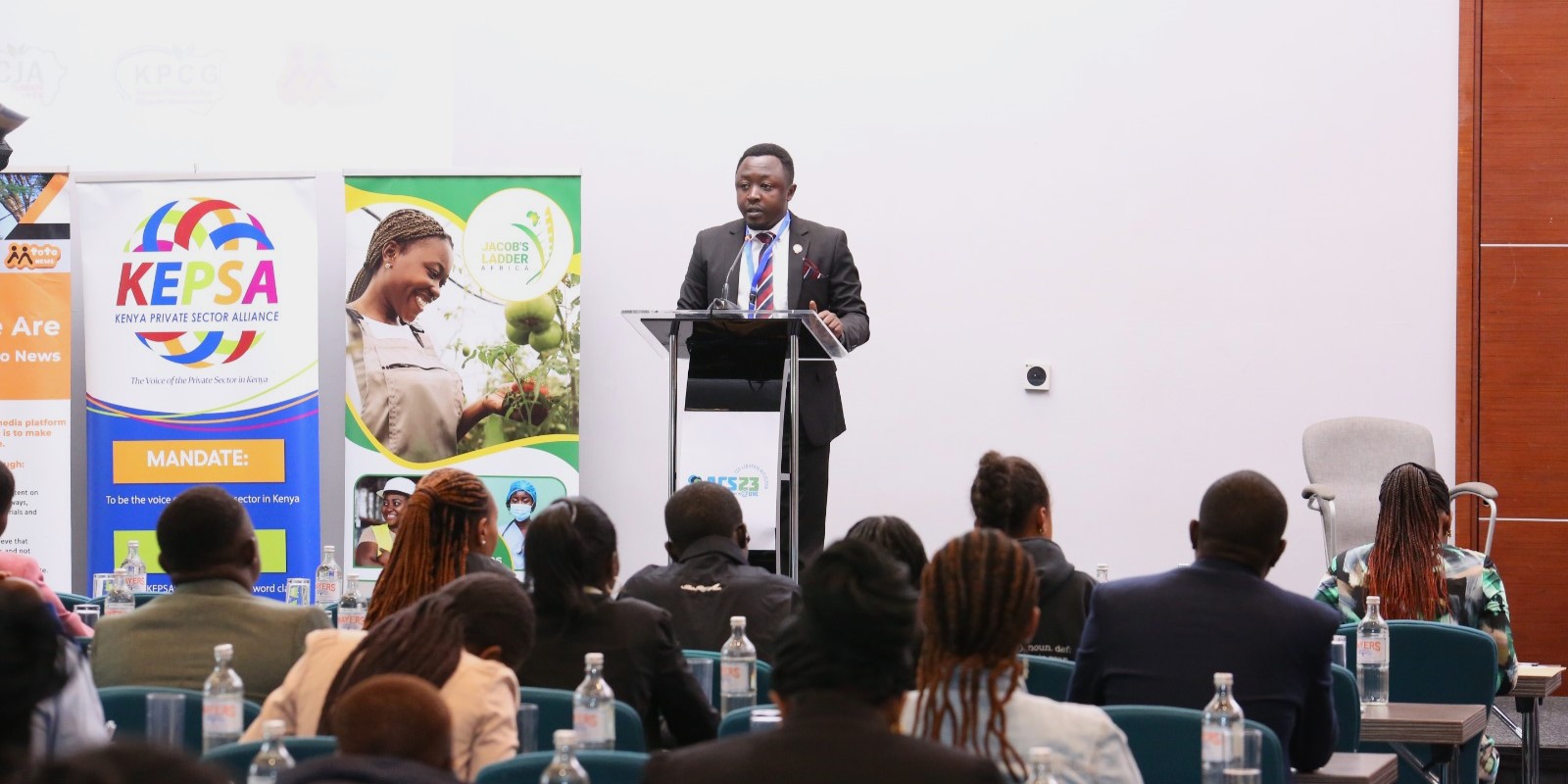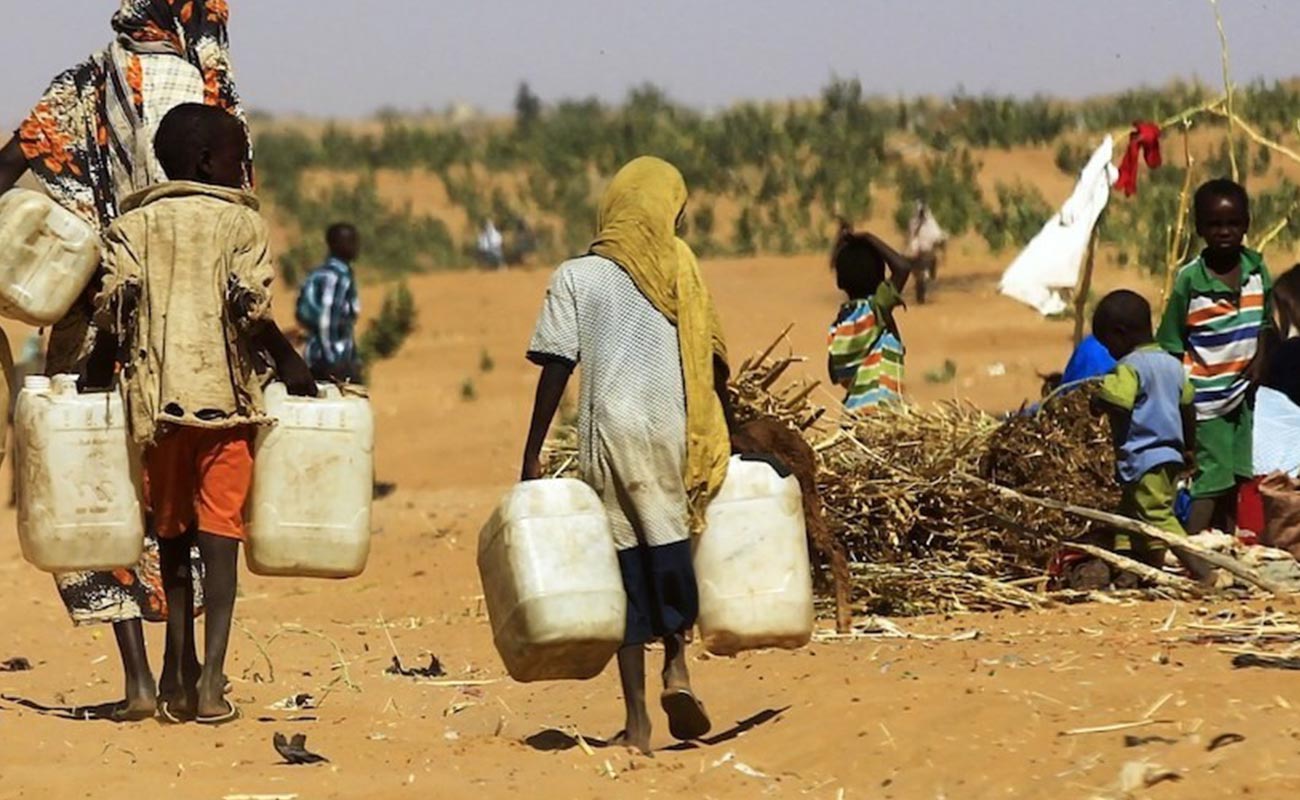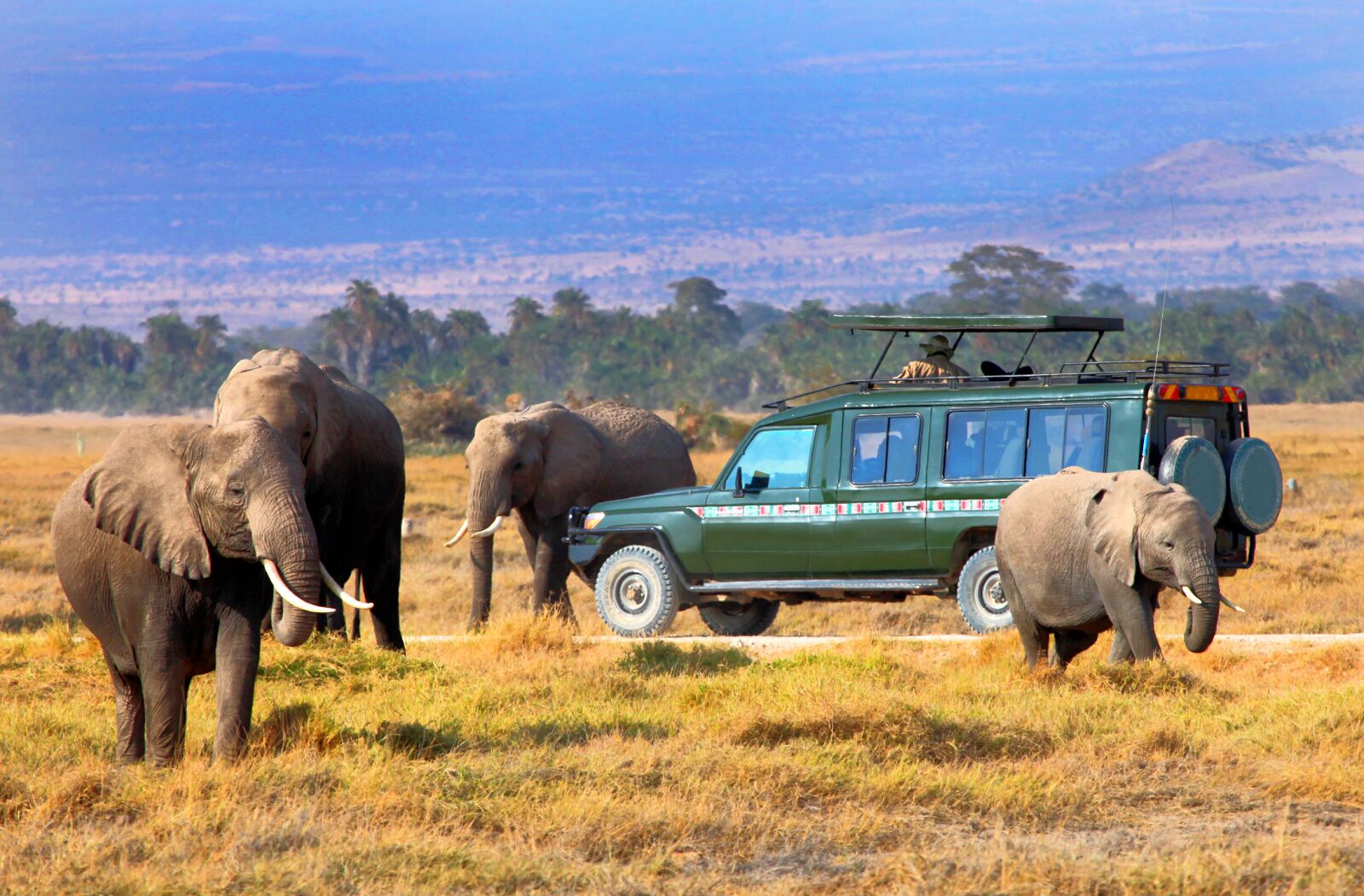- The summit aims to unite African leaders, environmental experts, and committed advocates dedicated to forging a sustainable future for the continent.
As the world prepares for the upcoming Africa Climate Summit in February 2025, climate action leaders have convened in Nairobi, Kenya, to evaluate progress in adaptation and resilience efforts since the last summit.
This pivotal two-day forum, which began on November 4, 2024, focuses on climate change adaptation, resilience, and the vital involvement of youth and children in climate action. Organized by Jacob's Ladder Africa in collaboration with key stakeholders—including the Kenya Private Sector Alliance (KEPSA), the German Corporation for International Cooperation, and the Pan African Climate Justice Alliance—the event enjoys strong support from the Kenyan Ministry of Environment, Climate Change and Forestry.
The summit aims to unite African leaders, environmental experts, and committed advocates dedicated to forging a sustainable future for the continent.
The theme of the opening day, "Climate Adaptation and Resilience," set the stage for discussions addressing urgent issues such as agriculture, climate-resilient urban infrastructure, and drought preparedness. These topics resonate deeply with African leaders who are acutely aware of the impacts of rapid urbanization and climate instability on vulnerable communities.
The forum serves as a critical platform for sharing strategies and solutions to these pressing challenges. Central to the discussions is the role of youth and children in climate action. They have emerged as powerful advocates, leveraging various platforms to hold leaders accountable and push for stronger involvement in climate policy.
Read More
Their engagement is vital not only for promoting awareness but also for leading the charge against climate change. By incorporating the voices of younger generations, the summit aims to ensure that climate policies are inclusive and representative of those most affected by environmental changes.
The effects of climate change are starkly evident in Africa, where shifting weather patterns have threatened food security. Erratic rainfall and prolonged droughts have disrupted traditional farming practices, leading to shortages in agricultural production.
This situation underscores the urgent need for adaptive strategies to support farmers and communities that rely heavily on agriculture for their livelihoods. As the gathering unfolds, leaders and stakeholders are poised to share insights and collaborate on effective solutions that can enhance resilience and adaptation efforts across the continent.
The outcomes of this forum will play a pivotal role in shaping discussions leading up to the 2025 Africa Climate Summit, reinforcing the commitment to a sustainable and resilient future for all Africans.







